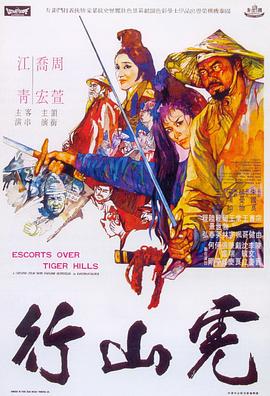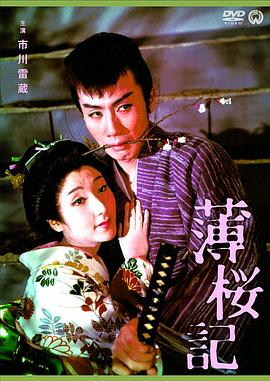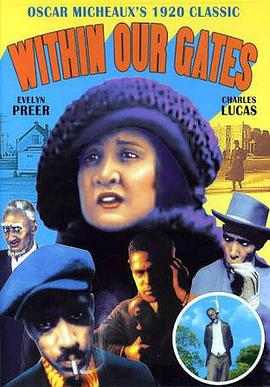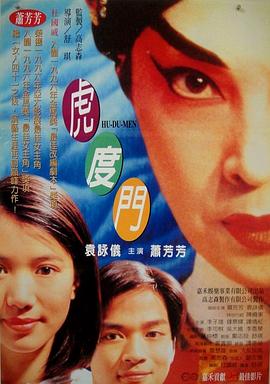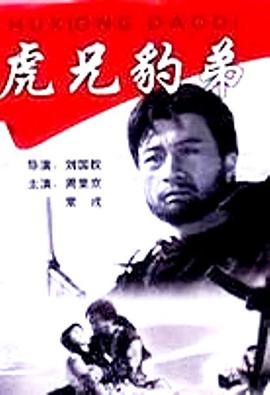In the spring of 1926, Yan Yangchu, the general director of the Chinese Association for Promoting Popular Education and a doctor from Yale University [Expand All]
< p> In the spring of 1926, Yan Yangchu, the general director of the Chinese Association for Promoting Popular Education and a doctor from Yale University in the United States, decided to extend the popular education movement that was being promoted nationwide to rural areas. To address the widespread situation of ignorance, poverty, weakness and selfishness in old China. Mi Digang, a local gentry from Ding County in Beijing, had once carried out self-governance and reform in his village after returning from studying abroad. He strongly invited Yan Yangchu to his hometown, Ding County, to conduct education for the common people. At that time, officials of the Beijing military government saw the huge influence of the Ping Church in China and wanted to offer 8 million yuan as an exchange condition to make Yan Yangchu leave the Ping Church and serve in the military and politics. Yan Yangchu, who was committed to helping the vast number of farmers get rid of ignorance, poverty, illness, weakness, selfishness and disorganization, flatly refused the invitation from military and political officials. Yan Yangchu and his team, who came to Dingzhou to conduct a social survey to lay the foundation for the comprehensive work to be carried out in the next step, witnessed with their own eyes the real situation of the farmers in Dingzhou at that time, the deception and fraud they suffered due to their illiteracy. A farmer named Qin Laoyao, when borrowing money from a loan shark, was illiterate. When he was writing a contract, the other party wrote 20 yuan as 200 yuan. It was only when he tried to repay the money that he realized he had been deceived. He went to the county government to appeal for his innocence but found no one to turn. Faced with the reality of his family being ruined and his wife and children being separated, he wanted to die... < /p>[Collapse]




